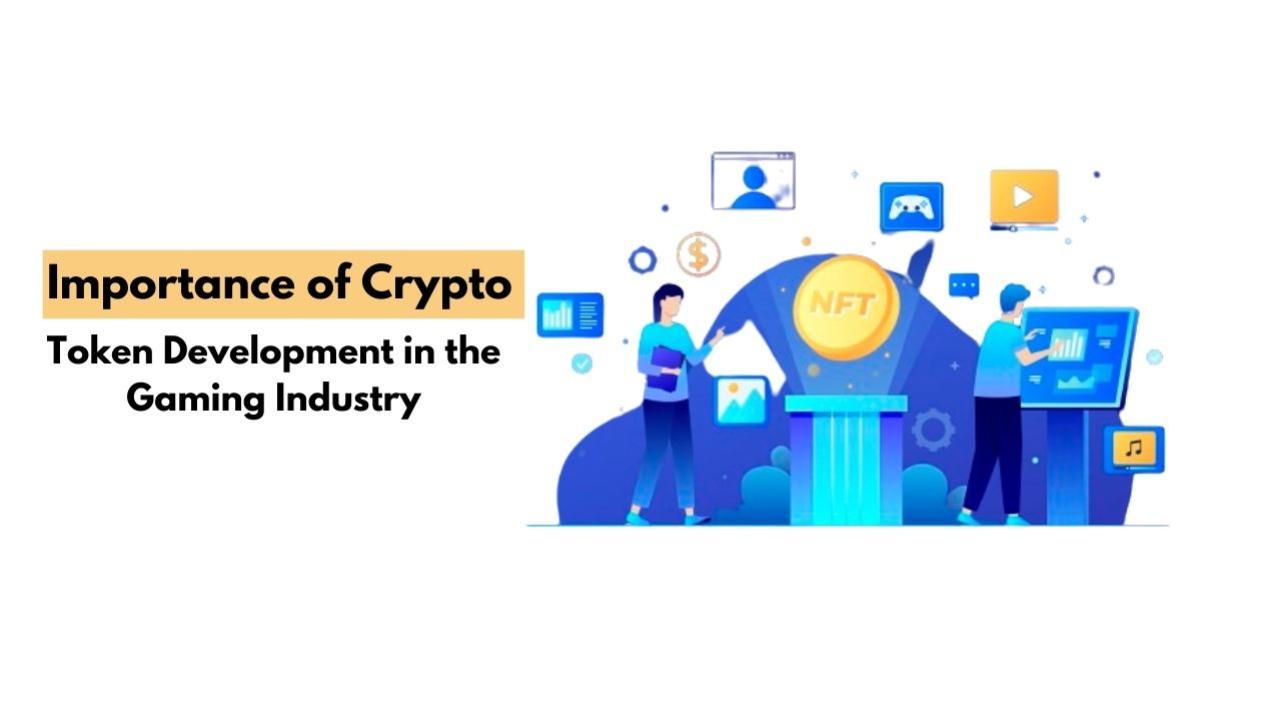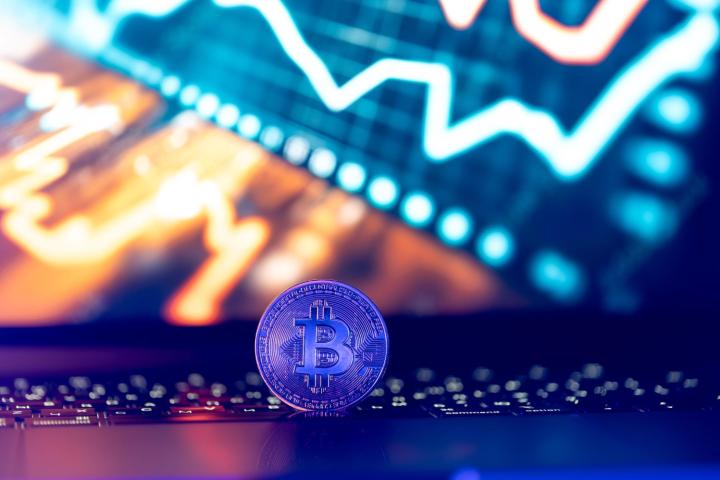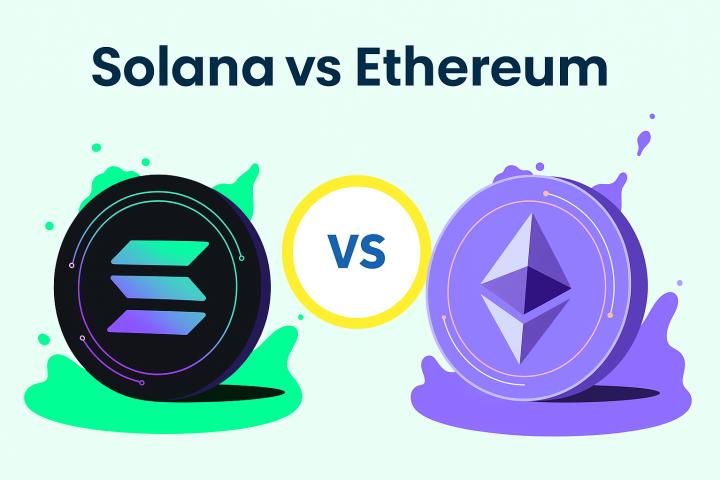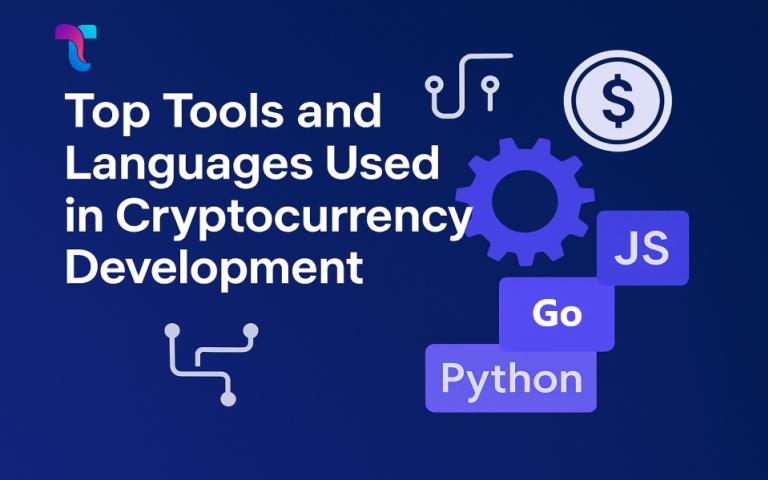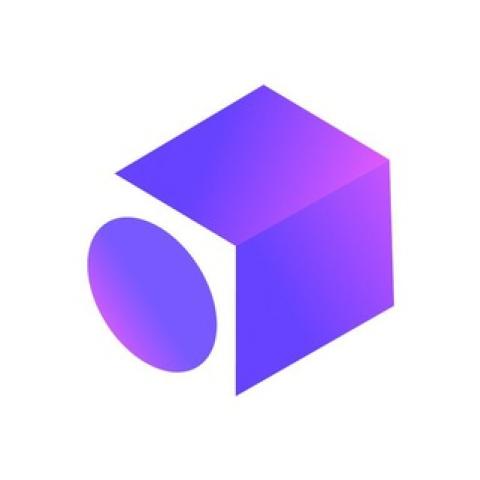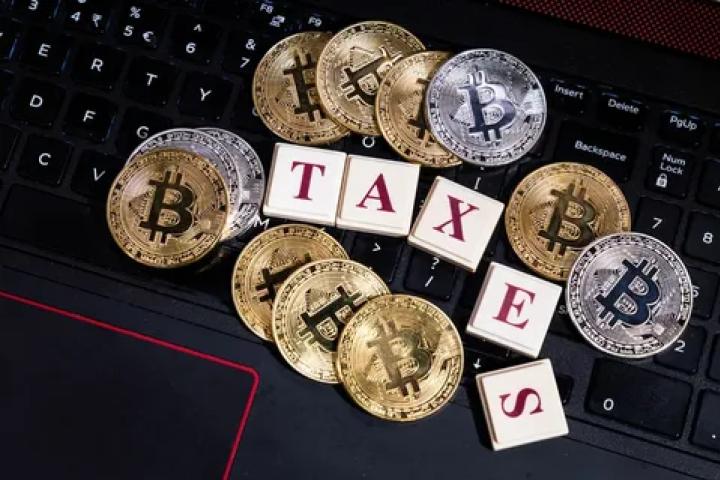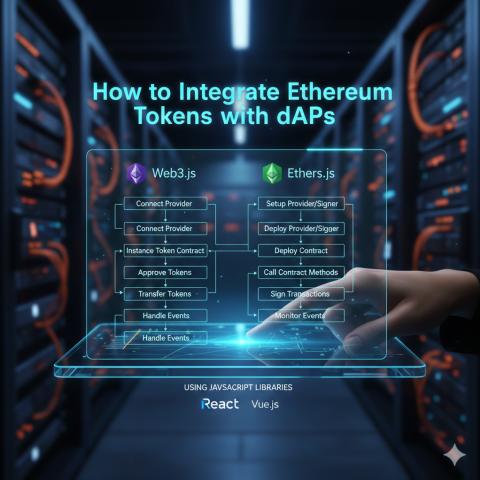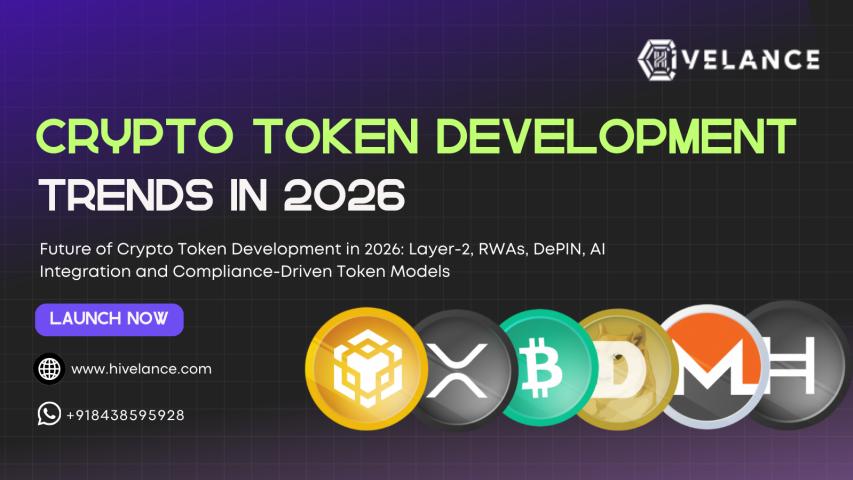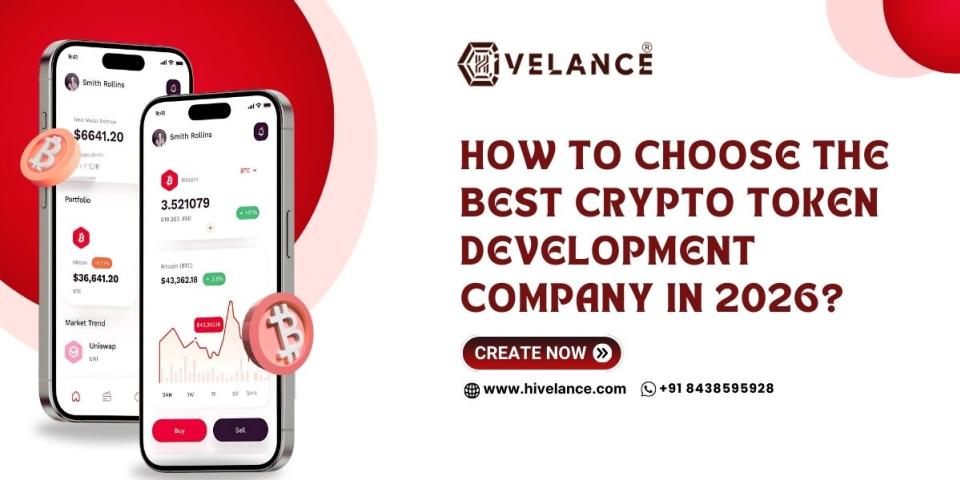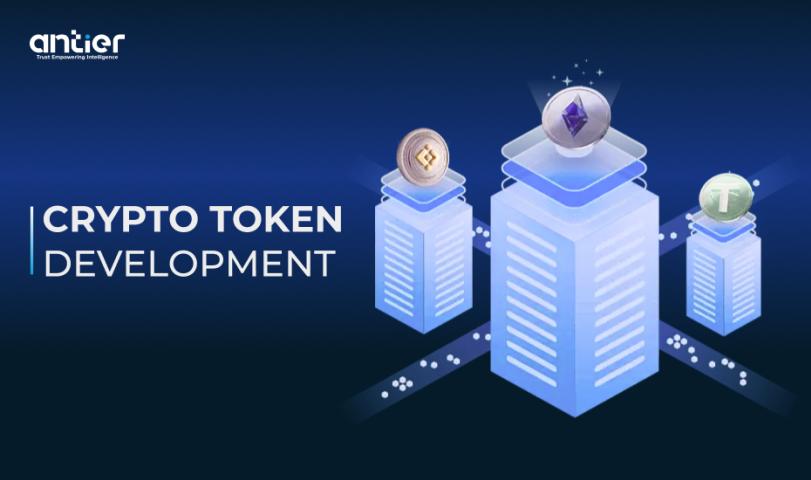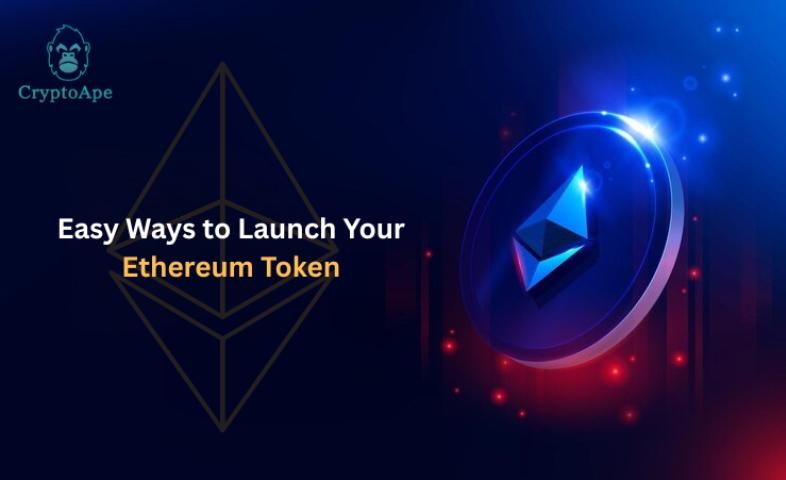The gaming industry has been on the cutting edge of technology for years. From the early days of simple pixelated graphics to today’s virtual reality experiences, innovation has always been the driving force. But there’s a new player in town that’s rapidly changing the rules: crypto token development. This technology is set to redefine how games are played, how players interact, and how value is exchanged within the gaming ecosystem.
The Impact of Crypto Token Development on the Gaming Industry
Crypto tokens are rapidly transforming the gaming industry by introducing new ways to own, trade, and interact with in-game assets. This technology is set to change the landscape of gaming, offering players and developers exciting new opportunities.
The Rise of Crypto Tokens in Gaming
Crypto tokens are digital assets built on blockchain technology. In the gaming world, they’re being used to create unique in-game items, reward players, and even develop entirely new game economies. The potential for crypto tokens in gaming is vast, and we’re just beginning to see how they can be used.
One of the most significant ways crypto tokens are transforming gaming is through ownership. In traditional games, players spend hours acquiring rare items, only to find that they don’t really own them. These items are locked within the game, with no value outside of it. Crypto tokens change this dynamic by giving players actual ownership of their in-game assets. This means that players can buy, sell, and trade their items both within the game and on external marketplaces.
Real Ownership and Value Creation
The concept of ownership in gaming has always been limited. Players invest time and sometimes money into acquiring in-game items, but these items are often bound to a single game or platform. Crypto tokens are changing this by allowing real ownership. When a player owns a crypto token, it’s theirs to keep, trade, or sell. This ownership extends beyond the game itself, creating a new level of value for players.
For example, a player might spend hours grinding to obtain a rare sword in a fantasy game. In the past, that sword would only be valuable within that specific game. But with crypto tokens, that sword can be tokenized, giving it value outside the game. The player could sell it on a marketplace, trade it with another player, or even use it in a different game that supports the same blockchain.
This shift to real ownership is a game-changer. It turns in-game items into tangible assets, giving players more control and more ways to benefit from their gaming experiences.
Enhancing Player Engagement and Loyalty
Crypto tokens are not just about ownership; they’re also about enhancing player engagement and loyalty. Game developers are using tokens to reward players for their time and achievements. This creates a more engaging and rewarding experience.
Take, for instance, the idea of earning tokens for completing challenges or reaching milestones within a game. These tokens can then be used to unlock new levels, purchase items, or even gain access to exclusive content. This not only motivates players to keep playing but also fosters a sense of loyalty to the game.
Moreover, tokens can be used to incentivize community participation. Players who contribute to the game’s development, such as by creating content or reporting bugs, can be rewarded with tokens. This not only helps improve the game but also strengthens the community around it.
New Revenue Models for Developers
The introduction of crypto tokens is also opening up new revenue models for game developers. In traditional gaming, developers rely heavily on one-time purchases or microtransactions. While these models have been successful, they’re also limiting. Once a player has made a purchase, there’s little incentive for them to spend more money.
With crypto tokens, developers can create ongoing revenue streams. For example, they can take a small percentage of every token transaction that occurs within their game. This means that as players trade and sell their in-game assets, the developer continues to earn revenue.
This model is beneficial for both developers and players. Developers can earn more over time, while players benefit from a more dynamic and engaging economy.
The Emergence of Play-to-Earn Games
One of the most exciting developments in the gaming industry is the rise of play-to-earn games. These games allow players to earn crypto tokens simply by playing. This concept is revolutionary because it turns gaming from a leisure activity into a potential source of income.
In a play-to-earn game, players can earn tokens by completing tasks, winning battles, or achieving high scores. These tokens can then be exchanged for real-world money or other digital assets. This has created a new form of work, where players can earn a living by playing games.
This model is particularly appealing in regions where job opportunities are limited. For many players, play-to-earn games offer a way to earn income without needing traditional employment. It also attracts a broader audience to gaming, as people who might not have been interested in gaming for fun are now playing for the potential financial rewards.
Decentralization and Player Empowerment
Another key aspect of crypto token development in gaming is decentralization. Traditional games are controlled by a central authority—the game developer or publisher. This centralization gives them control over the game’s economy, rules, and content.
Blockchain technology introduces decentralization by distributing control among players. In a decentralized game, players have a say in how the game evolves. They can vote on changes, propose new features, and even create content. This empowerment fosters a more engaged and invested player base.
Decentralization also reduces the risk of fraud and cheating. Because the game’s data is stored on a blockchain, it’s transparent and immutable. This means that players can trust that the game is fair and that their assets are secure.
Challenges and Considerations
While the potential for crypto tokens in gaming is enormous, there are challenges that need to be addressed. One of the biggest challenges is the complexity of blockchain technology. For many players and developers, the idea of using crypto tokens can be intimidating. It requires a basic understanding of how blockchain works, as well as the ability to manage digital wallets and transactions.
To overcome this, developers need to focus on creating user-friendly experiences. The technology should be integrated seamlessly into the game, so that players don’t need to be experts in blockchain to benefit from it. Education is also key. As more players and developers understand the potential of crypto tokens, adoption will increase.
Another challenge is the volatility of crypto tokens. The value of tokens can fluctuate rapidly, which can be a double-edged sword. On one hand, it creates opportunities for players to profit. On the other hand, it can lead to uncertainty and risk. Developers need to consider how to manage this volatility within their games, possibly by introducing stable tokens or other mechanisms to protect players from sudden value changes.
The Future of Gaming with Crypto Tokens
The integration of crypto tokens into gaming is still in its early stages, but the potential is clear. As more games adopt this technology, we’re likely to see a shift in how games are played, how value is created, and how players interact with each other.
In the future, we might see entire gaming ecosystems built around crypto tokens, where players can move seamlessly between games, taking their assets with them. We could also see new forms of gameplay emerge, where players collaborate and compete in decentralized, player-driven worlds.
Crypto token development is more than just a trend; it’s a fundamental shift in the gaming industry. It’s about giving players more control, more value, and more opportunities to engage with the games they love. As this technology continues to evolve, the possibilities are endless, and the gaming industry is set to be transformed in ways we can only begin to imagine.
Conclusion
Crypto token development is reshaping the gaming industry in profound ways. By introducing real ownership, enhancing player engagement, and creating new revenue models, this technology is setting the stage for a revolutionary shift in how games are played and valued. The potential of crypto tokens extends beyond traditional gaming, offering players and developers new opportunities for growth and innovation.
As the industry continues to evolve, the role of a crypto token development company becomes increasingly crucial. These companies are at the forefront of integrating blockchain technology into games, ensuring that players enjoy seamless experiences and that developers can fully capitalize on this emerging trend. The future of gaming is bright, and with the support of skilled crypto token development companies, the industry is poised for exciting transformations.
